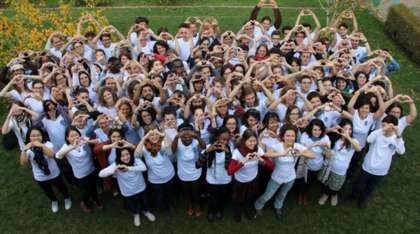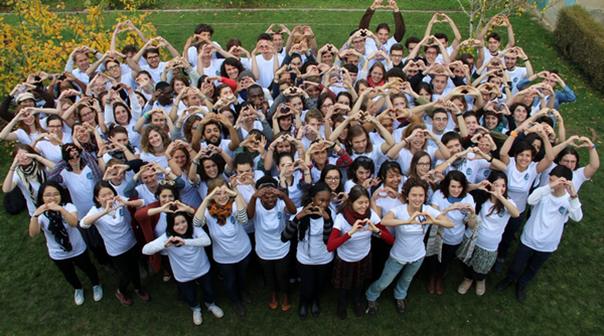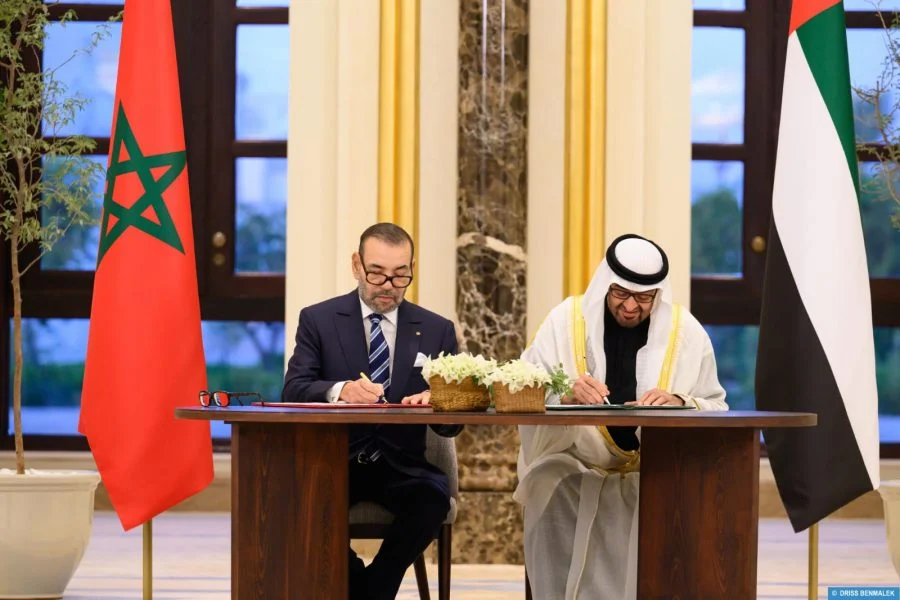 King Mohammed VI has deplored the exclusion and unemployment affecting many youths, pointing out that the progress witnessed in Morocco does not benefit all citizens, especially young people, who account for more than a third of the population and who should be seen as the engine of growth.
King Mohammed VI has deplored the exclusion and unemployment affecting many youths, pointing out that the progress witnessed in Morocco does not benefit all citizens, especially young people, who account for more than a third of the population and who should be seen as the engine of growth.
“Despite the efforts made, I do not consider the situation of our youths to be heartwarming – and neither do they. Indeed, many young Moroccans are suffering from exclusion and unemployment; many have dropped out of school and many are even deprived of basic social services,” said the Monarch in a speech he delivered Friday to mark the opening of the fall session of the Parliament.
The King also deplored that the education and training system does not fulfil its role in terms of training young people and ensuring their integration into society and that social and sector-specific public policies have only a limited impact on the situation of young Moroccans because of a lack of efficiency and coordination. “The proper training of young Moroccans and their active and constructive involvement in public life are among the most important challenges that ought to be met”.
Given the close link between youth issues, economic growth investment and employment, King Mohammed VI pointed out that “addressing the concerns of young people requires innovative action and concrete projects that unlock their potential, provide them with jobs and a steady income, offer them stability and enable them to contribute effectively to their country’s development”.
The Monarch then called for the development of a new integrated youth policy – similar to the National Initiative for Human Development – that would be based primarily on training and employment. This youth policy “should be effective in terms of finding realistic solutions to the actual problems plaguing our youths, especially in rural areas and poor suburban neighborhoods,” he said, calling, as part of the measures to develop and adopt that policy, for speeding up the creation of the Advisory Council for Youth and Community Action, as a constitutional institution and as a forum for discussion, for expressing views and for monitoring youth affairs.
Touching on Moroccans’ overall expectations, the King said “Moroccans today need balanced, equitable development which ensures dignity for all, guarantees income, provides jobs – especially for our young people – and contributes to building confidence, promoting stability and ensuring integration into professional, social and family life, a goal to which all citizens aspire”.
“…They want an efficient public service that caters for the needs of citizens and serves public interest; a public service that promotes investment and fosters development, without any form of bribery, cronyism or corruption,” he stated, before he called upon the government, Parliament and all the institutions and organs concerned to reconsider the Moroccan development model in order to keep abreast of changes in the country.
“As far as our development model is concerned, I should like to see an integrated vision that gives it fresh momentum, that helps overcome the hurdles impeding its adjustment and that addresses the weaknesses and shortcomings revealed by past practices,” he said, calling for using a participatory approach involving all national stakeholders, committed actors and the Nation’s driving forces.



